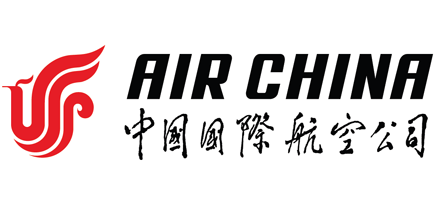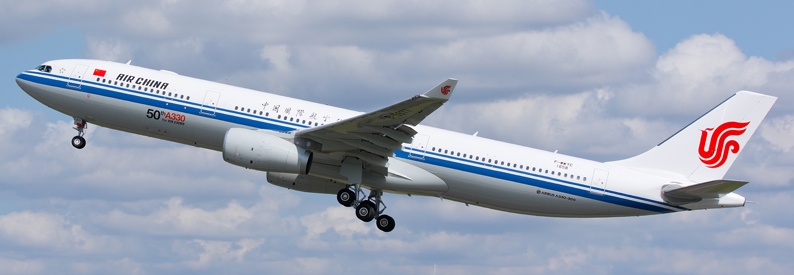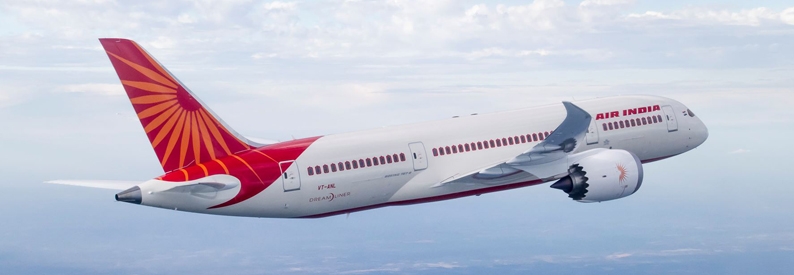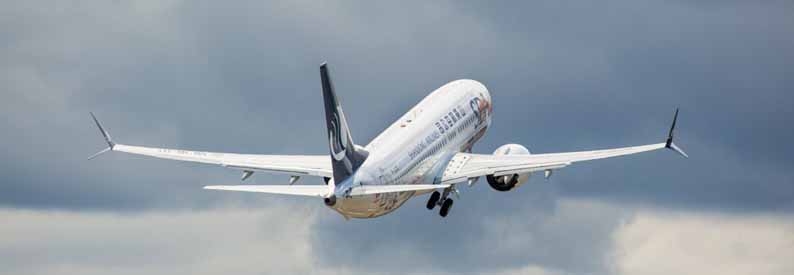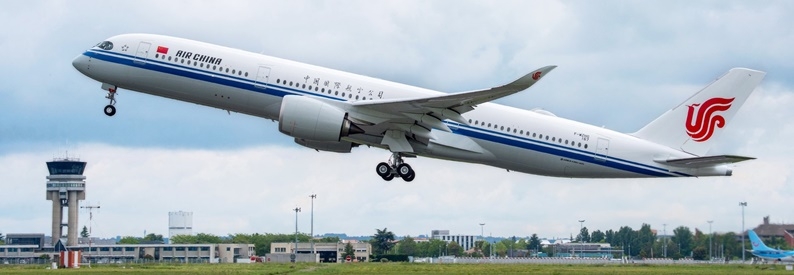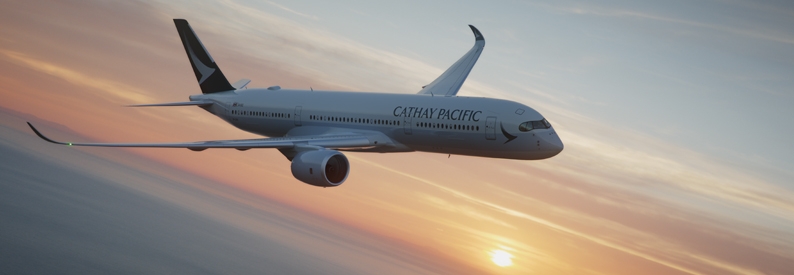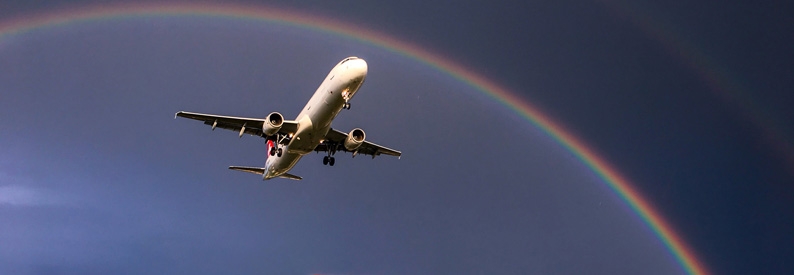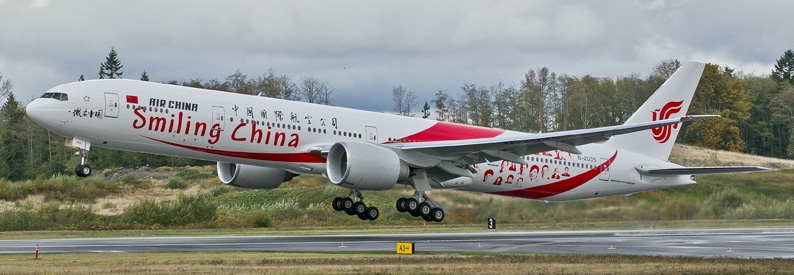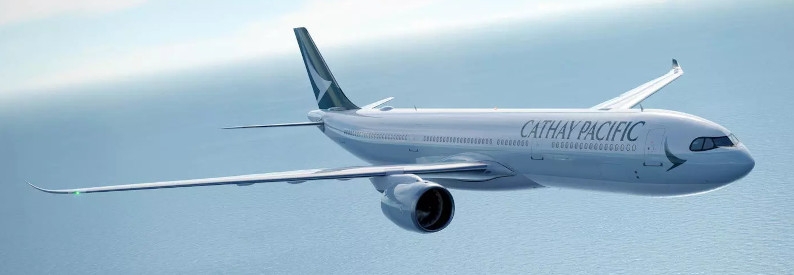Seven of China's major airlines may, with immediate effect, operate a total of 12 weekly round trips to the United States, marking a gradual lifting of US-China restrictions imposed three years ago when Beijing banned all entry to US airlines over Covid-19.
Those affected include Air China, Capital Airlines (China), China Eastern Airlines, China Southern Airlines, Hainan Airlines, Sichuan Airlines and Xiamen Airlines, according to an order issued by the US Department of Transportation (DOT) on May 3, 2023.
The order modifies a US ban on Chinese scheduled passenger services between the United States and China issued in response to China closing all access on March 26, 2020. The US regulator has since adjusted the cap to allow Chinese carriers eight weekly round-trip passenger flights to/from the United States. The Civil Aviation Administration of China (CAAC) subsequently approved two weekly Dallas/Fort Worth-Shanghai Pudong flights for American Airlines for services beginning in November 2020, bringing the aggregate total of US combination services to ten.
The latest US easing of restrictions is reciprocal to China lifting limitations on the number of international passenger flights and load factors. Since January 8, 2023, Chinese and foreign airlines have been free to resume all flights operated during the IATA Northern Winter 2019 traffic season. They may apply to add flights during the Northern Summer 2023 traffic season, which began on March 26, 2023. Some restrictions, such as allocating new slots, remain in place.
Consequently, American Airlines began operating two additional weekly Dallas/Ft. Worth-Shanghai flights in March 2023, bringing the aggregate weekly total of permitted US combination services to 12.
While it welcomed China's new approach as a "long-awaited positive step", the DOT stated the restrictions had harmed the US-China air transport market long-term and continued to have a devastating effect on the market. "For the past three years, CAAC has unilaterally abridged the rights of US carriers under the [US-China Civil Air Transport] agreement, and the Chinese government has imposed other travel-related requirements that have severely disrupted the market and depressed demand." For this reason, the regulator believed a balanced and incremental reopening best served the public interest to ensure an orderly market normalisation. It would continue to assess how and when to modify existing restrictions further to ensure an equitable and competitive operating environment and a "reasonable balance of rights and benefits between both parties".
- Type
- Base
- Aircraft
- Destinations
- Routes
- Daily Flights
